Home Remedies for Dandruff – Natural Ways to Get Flake-Free Hair
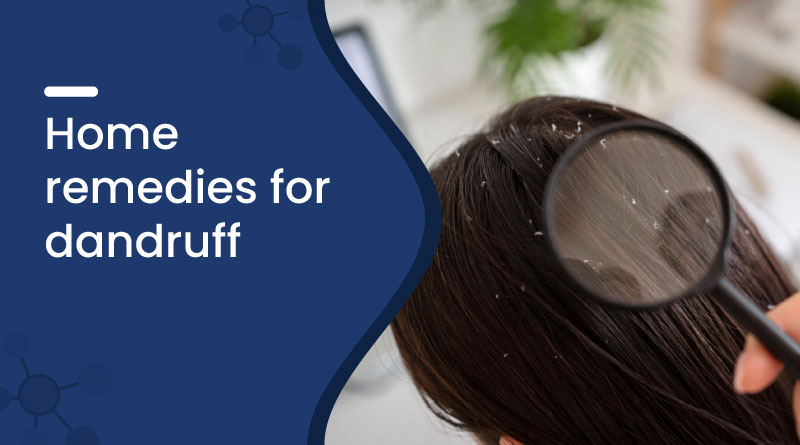

Dandruff is a common condition that causes the skin on the scalp to peel off in bits and makes the scalp prickly and irritated. It is not a serious medical problem, but it can be very uneasy and embarrassing for a person. Several home remedies can help manage it naturally, without the need for harsh chemicals. Let’s explore some effective and safe home-based solutions for a healthier scalp.
Causes of Dandruff
Understanding the root causes of dandruff can help in choosing the right treatment. Some common triggers include:
- Dry Scalp: A lack of moisture in the scalp may lead to flakiness.
- Oily Skin: Excess oil can attract dirt and lead to buildup, promoting fungal growth.
- Fungal Infections: Dandruff is commonly linked to a yeast-like fungus known as Malassezia.
- Sensitivity to Hair Products: Certain shampoos, dyes, or styling products can irritate the scalp.
- Not Shampooing Enough: Infrequent washing can cause oil and dead skin to accumulate.
- Stress and Hormonal Changes: These can disrupt the skin’s balance and trigger dandruff.
- Poor Diet: Lack of zinc, B vitamins, or healthy fats may contribute to scalp issues.
Effective Home Remedies for Dandruff Removal
1. Neem Leaves – Nature’s Antifungal Power
Indian lilac, or neem, is rich in natural compounds that fight bacteria and fungi. It helps fight the fungus that causes dandruff and soothes itchy, inflamed skin.
How to Use: Boil neem leaves in water, let it cool completely, and use the strained liquid as a final rinse post-shampoo. You can also grind the leaves into a paste and apply it directly to your scalp. Leave it for half an hour, then wash it off thoroughly.
2. Aloe Vera – Soothing and Moisturizing
Aloe vera has natural anti-inflammatory and antimicrobial properties. It helps reduce scalp irritation and hydrates dry skin, which is often a cause of flaking.
How to Use: Gently apply fresh aloe vera gel to your scalp, massaging it in with your fingertips. Leave it on for 20–30 minutes before rinsing with a mild shampoo.
3. Tea Tree Oil – A Few Drops Go a Long Way
Known for its antifungal power, tea tree oil is a widely used essential oil. It’s particularly effective against Malassezia, the yeast linked to dandruff.
How to Use: Mix 2–3 drops of tea tree oil in a tablespoon of carrier oil (like coconut or olive oil) and massage into your scalp. Leave it on for 30 minutes, then wash your hair with a gentle shampoo.
4. Coconut Oil – Traditional Yet Effective
Coconut oil is not only moisturizing but also has antimicrobial properties. It helps reduce scalp dryness and prevents flaking.
How to Use: Warm a few tablespoons of coconut oil and gently massage it into your scalp. Allow it to sit overnight or for a minimum of one hour before washing your hair.
5. Apple Cider Vinegar – Restores Scalp pH
Apple cider vinegar (ACV) helps balance the scalp’s pH level, reducing the growth of dandruff-causing fungus. It also acts as a gentle exfoliant.
How to Use: Combine equal amounts of apple cider vinegar and water, then apply the mixture to your scalp with a cotton ball or spray bottle. Leave it on for 15–20 minutes before rinsing.
6. Curd or Yogurt – Natural Probiotic for the Scalp
Plain yogurt contains healthy bacteria that can combat yeast and reduce dandruff. It also cools the scalp and reduces itching.
How to Use: Apply half a cup of plain yogurt to your scalp and let it sit for 30 minutes. Rinse thoroughly and follow up with a mild shampoo.
7. Lemon Juice – Natural Cleanser
Lemon juice’s acidity helps break down dandruff buildup and keeps the scalp clean. Still, it should be applied carefully to avoid causing irritation.
How to Use: Dilute fresh lemon juice with water and apply it to the scalp. Let it sit for 5 to 10 minutes before rinsing it out. Avoid sun exposure immediately after.
Habits That Can Help Reduce Dandruff
- Wash your hair regularly to prevent oil and dirt buildup.
- Steer clear of using extremely hot water, as it can lead to scalp dryness.
- Manage stress, as it can worsen dandruff.
- Avoid excessive use of styling products like gels or sprays.
- Maintain a balanced diet with zinc, omega-3s, and vitamins.
Conclusion
Dandruff can be an annoying but manageable condition. With simple, natural remedies and a healthy scalp care routine, you can reduce flakes and itching effectively. These home solutions are not only affordable but also gentle on your scalp. Consistency is key—stick to what works best for you and be patient with the results.
Frequently Asked Questions (FAQs)
Q. Are home remedies effective for treating dandruff?
A. Yes, many home remedies like neem, aloe vera, and tea tree oil have antifungal and soothing properties that can help reduce dandruff naturally.
Q. Can dandruff lead to hair fall?
A. Yes, excessive dandruff can irritate the scalp and lead to scratching, which in turn may weaken hair roots and cause hair fall.
Q. Is using curd safe for treating dandruff?
A. Yes, curd is a good solution for dandruff removal as it has anti-bacterial properties and also reduces itching.
Q. Does washing hair every day help with dandruff?
A. Washing your hair 2–3 times a week is usually enough. Daily washing may dry out the scalp and make dandruff worse, especially if your scalp isn't oily.

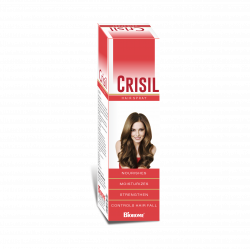
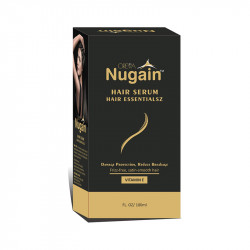
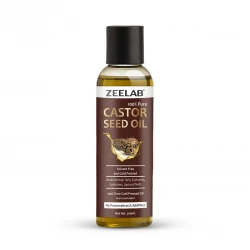
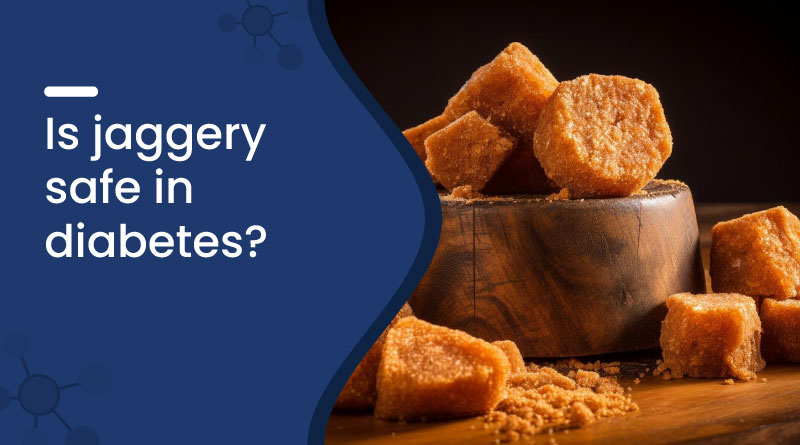
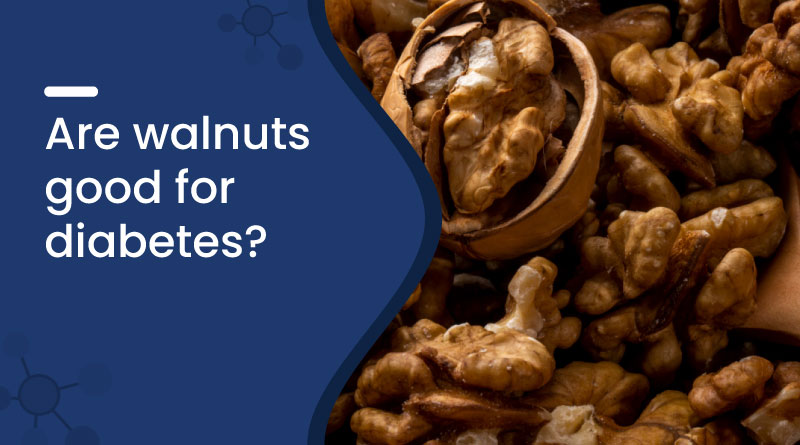
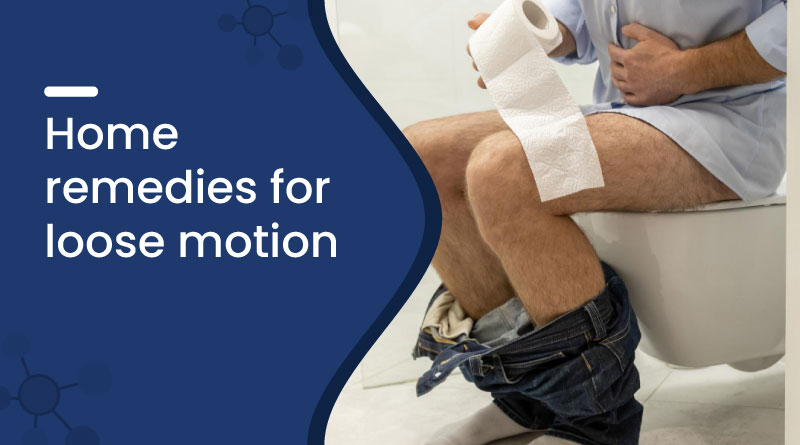
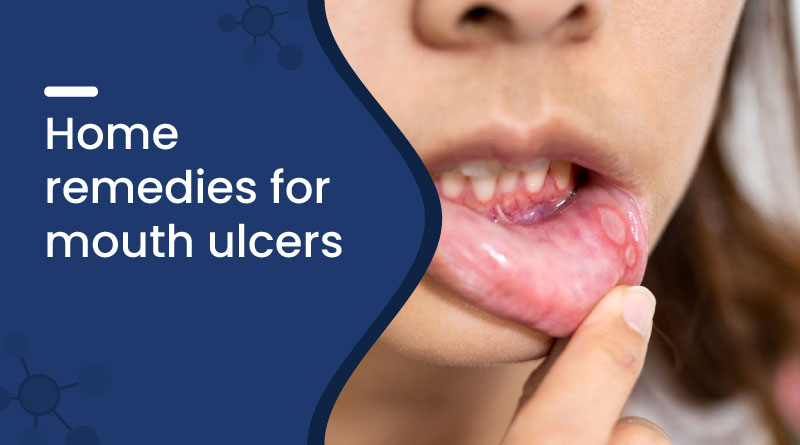
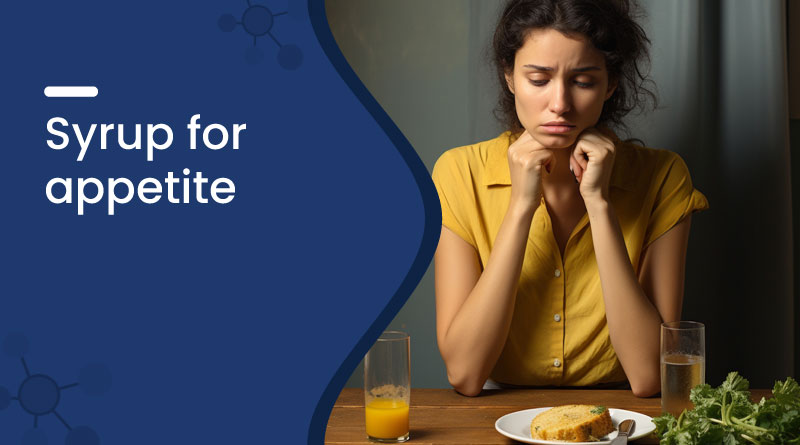
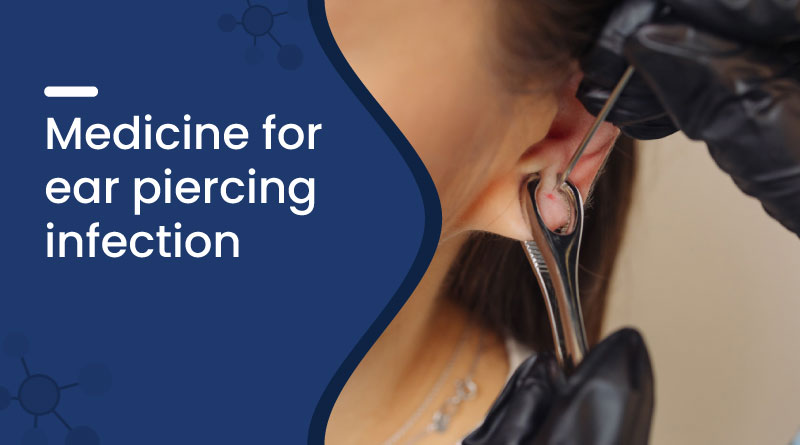

 Added!
Added!